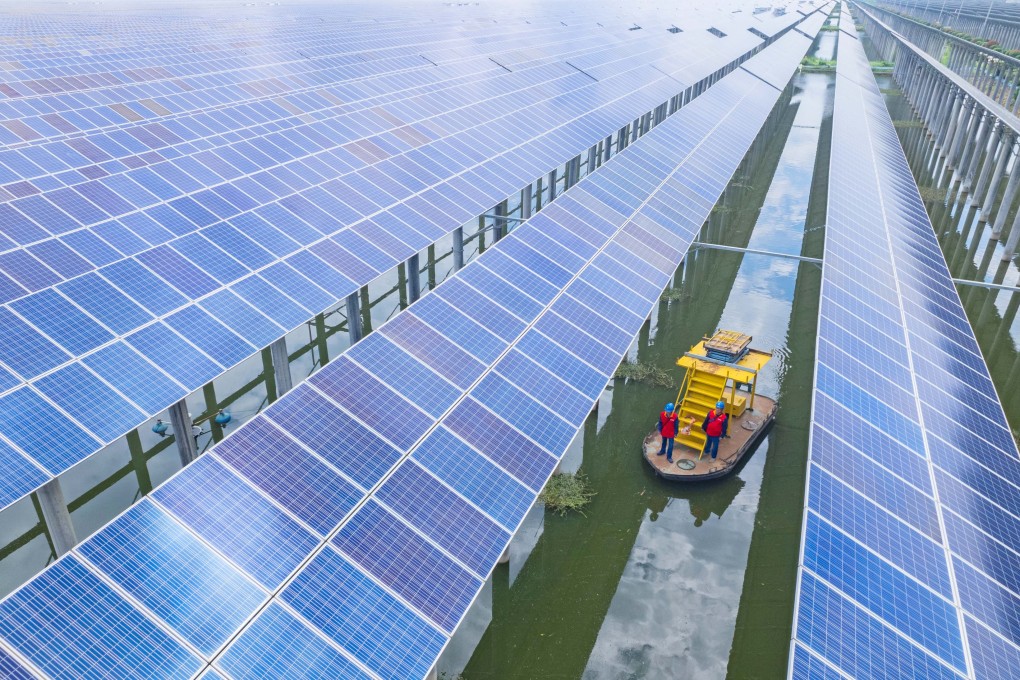Advertisement
China’s central bank, ministries pledge green finance support for dense economic zone
- Guidelines have been issued for green finance in China’s economic nerve centre as the country continues journey to decarbonisation
Reading Time:2 minutes
Why you can trust SCMP
1

The Chinese government rolled out a set of guidelines on Tuesday to support its biggest economic zone as the area pursues its green transition and turns to “higher-quality” growth – priorities shared by the country at large – via multilevel capital markets.
Advertisement
Eligible companies in the sprawling Yangtze River Economic Belt – an area with 21 per cent of China’s surface area but 44 per cent of its gross domestic product – will be encouraged to raise capital via green bonds and equity, according to a directive jointly released by the country’s central bank and seven other ministries. The proceeds would be deployed to improve waste treatment, green tech and pollution control.
The move follows pledges made at last month’s third plenum of the Communist Party’s Central Committee, a major economic conference, to promote green finance. The world’s second-largest economy has frequently cited the need for financial instruments to improve climate resilience and pursue environmentally sustainable growth.
The belt, which covers 11 provinces and cities, was named by the directive as the “main battlefield” for green development, the “main artery” of the dual circulation system and the “main force” in “high-quality economic development”.
Companies in the zone that meet certain requirements – as yet unspecified – will receive support from the central authorities to use multilevel capital markets to raise funds. The guidelines state enterprises can list, refinance, perform mergers and acquisitions, and list on the National Equities Exchange and Quotations system, an over-the-counter market in mainland China known as the “third board”.
Advertisement
Financial institutions and enterprises in the area will be encouraged to issue green bonds in accordance with both domestic and international standards, so as to “facilitate foreign funds to invest in China’s low-carbon transformation”.

Advertisement